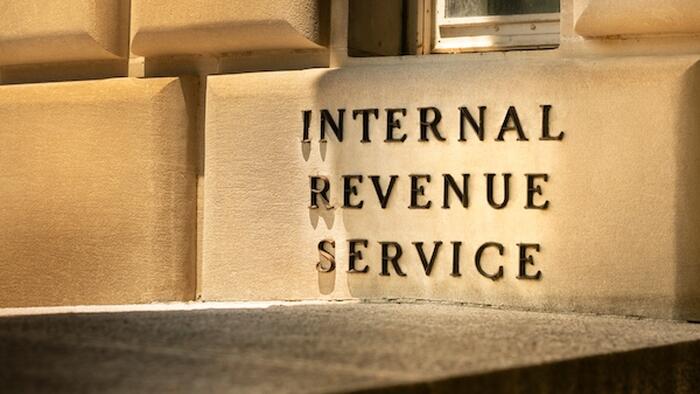The Big Picture
The U.S. tax system is under fire for two main reasons:
- Who Pays? The top 10% of earners pay nearly half of all federal income taxes, while 90% of Americans pay very little.
- Complexity & Cost The IRS is seen as bloated, with critics arguing it could operate with far fewer staff if the tax code were simplified.
Key Problems Highlighted
1. The “Tax Burden Imbalance”
- Top 10% of Earners: Pay 43% of federal taxes (income, corporate, etc.).
- Bottom 90%: Pay just 12% of federal taxes (excluding Social Security/Medicare).
- Why It’s Controversial: Critics argue this discourages high earners from investing or growing businesses.
2. The IRS: Overstaffed or Overwhelmed?
- Current Staff: ~87,000 employees (growing to 102,000 by 2030).
- Critics Say: Most tax filings are simple and could be automated. For example:
- 92% of tax returns use the “standard deduction” (a flat reduction in taxable income), requiring minimal human review.
- Example: A family earning $80,000 with two kids might pay $6,243 in taxes after deductions/credits. This could be calculated automatically using W-2 and 1099 forms.
How Taxes Work Today: A Simple Example
Imagine a family with:
- Income: $80,000 (from jobs)
- Deductions: $13,850 (standard deduction for married couples)
- Tax Credits: $4,000 (for two kids)
Tax Calculation:
- Taxable Income: $80,000 – $13,850 = $66,150
- Tax Owed (Before Credits): ~$10,243 (using tax brackets)
- After Credits: $10,243 – $4,000 = $6,243 owed
Most of this process could be automated, reducing the need for IRS staff.
Proposed Fix: Replace Income Tax with a Consumption Tax
What’s a Consumption Tax?
- A tax on what you spend (like a national sales tax), not what you earn.
- Example: Pay 10% extra on groceries, cars, etc., instead of income tax.
Why Supporters Like It:
- Fairness: Everyone pays when they spend, not just high earners.
- Simplicity: Fewer loopholes, less need for a large IRS.
Critics Worry:
- It could hurt low-income families (they spend more of their income).
- Hard to enforce without new bureaucracy.
What’s Next?
The article suggests:
- Slash IRS Staff: Cut 42,000+ jobs by automating simple tax filings.
- Simplify the Tax Code: Use a “flat tax” or consumption tax to reduce complexity.
Big Question: Would this make taxes fairer, or just shift the burden?
Key Terms Simplified
- Adjusted Gross Income (AGI): Your total income minus deductions (like retirement contributions).
- Standard Deduction: A flat amount subtracted from your income to reduce taxes (no need to itemize expenses).
- Itemized Deductions: Listing specific expenses (e.g., mortgage interest, charity) to lower taxable income.
Final Thought
The debate boils down to: Should we tax earnings or spending? What do you think?
